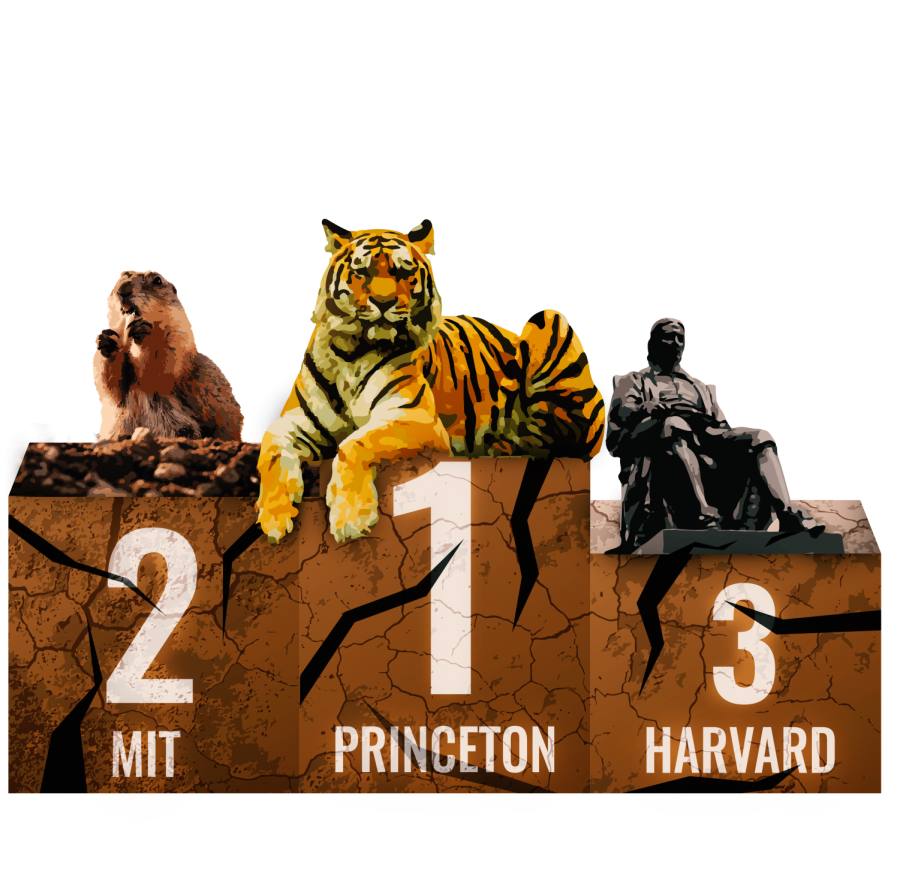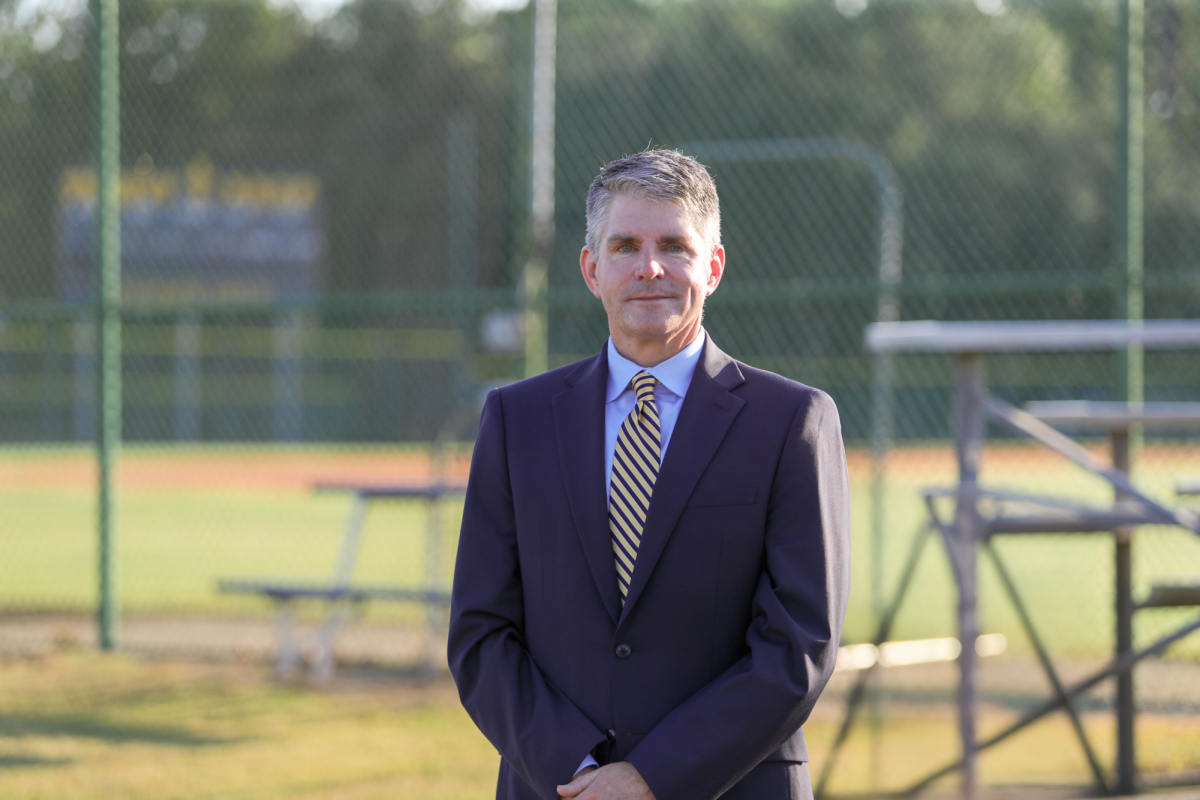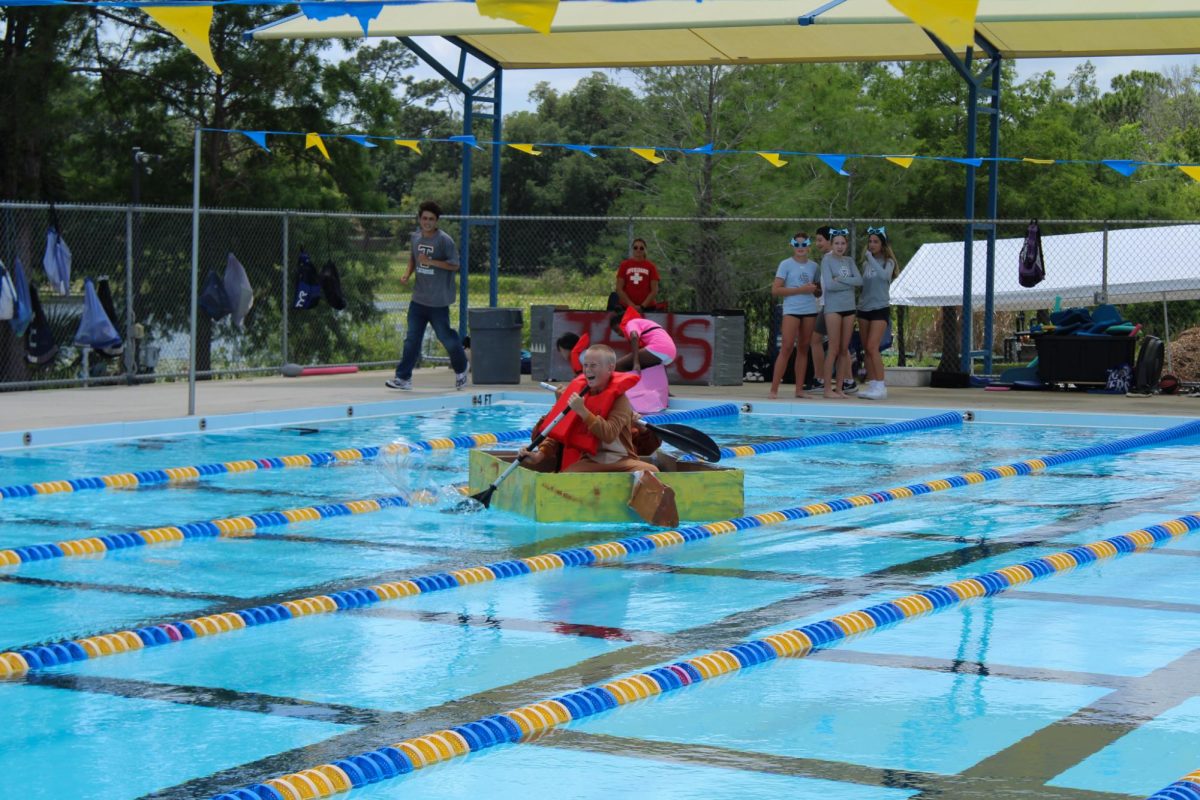Every year, the release of U.S. News and World Report’s college rankings sends shockwaves through the academic community, with students scrambling to calculate their chances of attending a prestigious university. But, attitudes towards these rankings are shifting, sparking a nationwide conversation on the reliance of the widely recognized and influential rankings.
In November, Yale Law School, which had been listed by U.S. News as the top law school for three decades, announced it would no longer submit data for the rankings. Over a dozen other law schools, including Harvard, Stanford, and Columbia, which all ranked in the top four, followed suit. Months later, the mass exodus continued as droves of top medical schools withdrew from the rankings, claiming that they were too ridgid and “profoundly flawed.”
U.S. News’ annual rankings originated in 1983, and as its influence grew, so did colleges’ tendency to take advantage of the rankings. Columbia, one of eight Ivy League schools, has long been renowned as one of the most prestigious universities in the country, until recent news revealed that inaccurate data was submitted for the 2022 ranking cycle.
In the wake of this incident, the manipulability of the rankings has come under scrutiny, prompting critics to question the value and dependency on these rankings, as well as the lengths colleges are willing to go to achieve a higher rank.
“[The rankings are] something that can very much be hacked,” college counselor Christine Grover said. “Therefore, I don’t think it equates to the quality of undergraduate education.”
Columbia’s recent data scandal is not an isolated incident. College administrators who are critical of the rankings argue that even when the information submitted is accurate, the rankings are corrupted by how the data team determines each factors’ weight.
The rankings utilize a complex formula that allocates percentages to various factors. However, college counselors dislike the rankings’ method due to its partial subjectivity and irrelevance. According to Grover, with 20% allocated to “expert opinion,” 20% to graduation rates, 30% to financial resources and 30% to alumni donors, there are many ways to influence the numbers.
“People value the rankings without understanding what they’re ranking,” Grover said.
American university culture is heavily reliant upon rankings, and with both students and parents placing great value on a schools’ prestige, status and rank, acceptance into top-ranked schools is often equated with success and a way to secure one’s future.
However, the data scandal at Columbia and the withdrawal of rankings by Yale Law School and other top universities has caused a reevaluation of the traditional emphasis on rankings as the sole measure of a school’s worth.
“I genuinely think the actual [rank] doesn’t matter,” senior Andrew Lopez-Couto said. “Any school towards the top 30 or 40, I would rank almost the exact same overall.”
In 2011, the National Bureau of Economic Research tracked the career earnings of individuals who attended highly selective colleges and those who attended moderately selective colleges but were accepted into top colleges. The study found that the earnings of the two groups differed minimally, and concluded that attendance at an elite college had little impact.
While elite colleges and less selective institutions may provide a similar education, additional factors portray the elite ones as superior, including name-associated prestige and societal pressures.
Despite the possibility of more schools following in Yale Law School’s footsteps, the reputations of top universities will not be fazed. Applications will continue to flood in, bound to the notion that top-ranked colleges go hand-in-hand with success.
“Until more schools back out of them, the rankings are here to stay,” Grover said.















